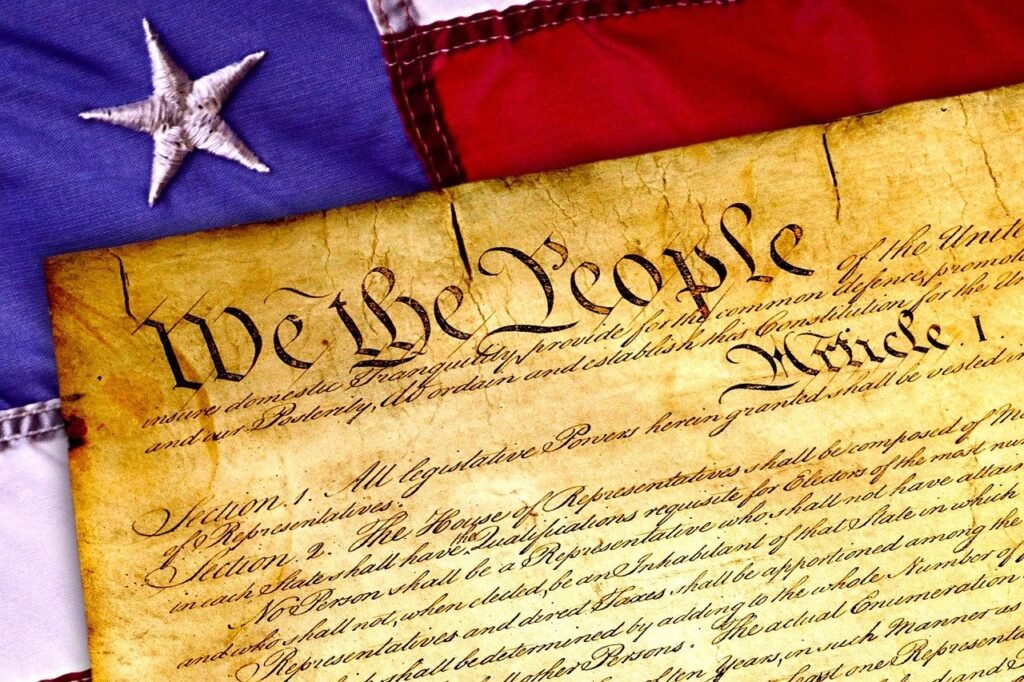The Bill of Rights is a cornerstone of American democracy, enshrining the fundamental liberties and protections for which the nation’s founders fought.
These first ten amendments to the United States Constitution were ratified on December 15, 1791, and they continue to be pivotal in shaping American law and society.
In this blog post, we’ll explore each amendment, outlining its significance and the rights it guarantees.
Table of Contents
Importance of the Bill of Rights
The Bill of Rights is crucial because it enumerates the fundamental rights and freedoms that protect individuals from government intrusion.
It provides a legal framework that safeguards civil liberties, ensuring a balanced relationship between the government and its citizens.
The Origins of the Bill of Rights
The Bill of Rights was born out of the necessity of addressing the concerns of Anti-Federalists who feared that a strong central government might encroach on individual freedoms.
James Madison, often called the “Father of the Bill of Rights,” played a pivotal role in drafting these amendments.
The First Amendment: Freedom of Speech, Religion, and Assembly
The First Amendment is perhaps the most famous and broadly interpreted. It protects several basic freedoms:
- Freedom of Speech: Citizens have the right to express their opinions without fear of government censorship or punishment.
- Freedom of Religion: Individuals are free to practice any religion or none at all. The government cannot establish a state religion or favor one religion over another.
- Freedom of the Press: The press can publish news, information, and opinions without government interference.
- Freedom of Assembly: People can gather peacefully for protests, demonstrations, and other forms of collective expression.
- Freedom to Petition the Government: Citizens can appeal to the government to address grievances.
The Second Amendment: Right to Bear Arms
The Second Amendment ensures the right of individuals to keep and bear arms. This provision has been the subject of extensive debate and litigation, especially regarding the extent and limitations of this right.
The Third Amendment: Quartering of Soldiers
The Third Amendment addresses the quartering of soldiers in private homes, a significant concern during the Revolutionary War. It states that soldiers cannot be housed in private residences without the owner’s consent, protecting citizens’ privacy and property rights.
The Fourth Amendment: Protection from Unreasonable Searches and Seizures
The Fourth Amendment safeguards individuals from unwarranted government intrusion into their personal and private affairs. It requires law enforcement to obtain a warrant, supported by probable cause, before conducting searches and seizures.
The Fifth Amendment: Rights of the Accused
The Fifth Amendment provides several protections for individuals accused of crimes:
- Grand Jury: Serious criminal charges must be reviewed by a grand jury.
- Double Jeopardy: Individuals cannot be tried twice for the same offense.
- Self-Incrimination: A person cannot be compelled to testify against themselves.
- Due Process: The government must respect all legal rights owed to a person.
- Eminent Domain: Private property cannot be taken for public use without fair compensation.
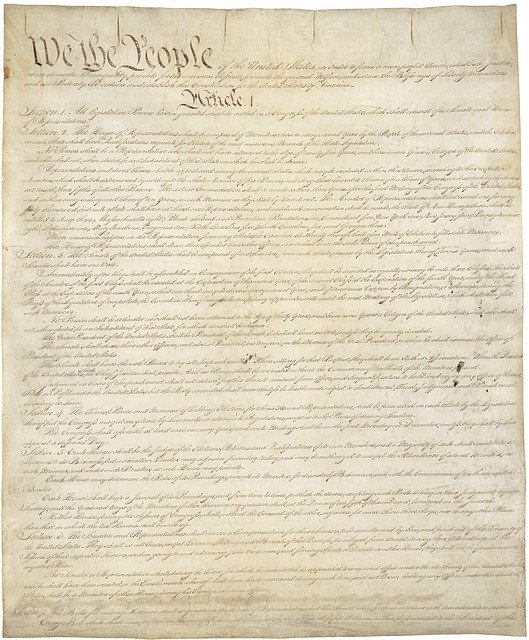
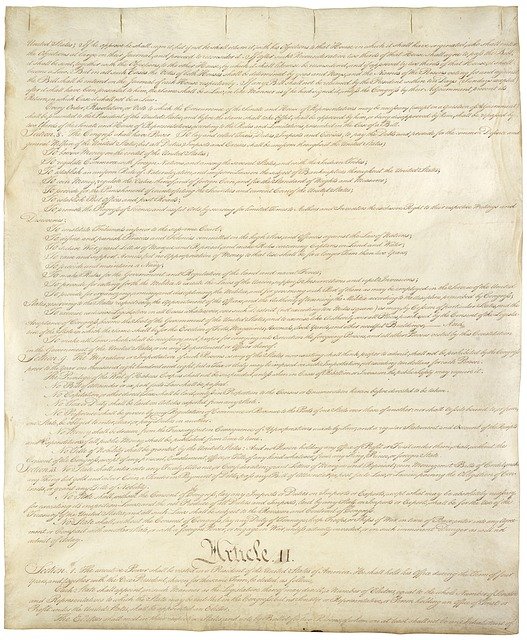
The Sixth Amendment: Right to a Fair Trial
The Sixth Amendment ensures a fair trial for criminal defendants by guaranteeing:
- Speedy and Public Trial: Trials must be conducted without undue delay and be open to the public.
- Impartial Jury: Defendants are entitled to a trial by an unbiased jury.
- Notice of Accusation: Defendants must be informed of the charges against them.
- Confrontation: The right to confront and cross-examine witnesses.
- Compulsory Process: Defendants can compel witnesses to testify on their behalf.
- Right to Counsel: The right to be represented by an attorney.
The Seventh Amendment: Right to a Jury Trial in Civil Cases
The Seventh Amendment guarantees a jury trial in federal civil cases involving claims of more than twenty dollars. This amendment ensures that common law principles are applied in civil courts.
The Eighth Amendment: Protection from Excessive Bail, Fines, and Cruel and Unusual Punishments
The Eighth Amendment protects against:
- Excessive Bail: Bail amounts must be reasonable and not used as a form of punishment.
- Excessive Fines: Fines imposed must be proportionate to the offense.
- Cruel and Unusual Punishments: Punishments must be fair and not barbaric or overly severe.
The Ninth Amendment: Protection of Rights Not Specifically Enumerated
The Ninth Amendment acknowledges that the people have rights beyond those listed in the Constitution. This amendment ensures that the enumeration of certain rights in the Constitution does not imply the absence of other rights retained by the people.
The Tenth Amendment: Powers Reserved to the States and the People
The Tenth Amendment reaffirms the federal system of government in the United States by stating that powers not delegated to the federal government, nor prohibited to the states, are reserved to the states or the people. This amendment emphasizes the principle of federalism.
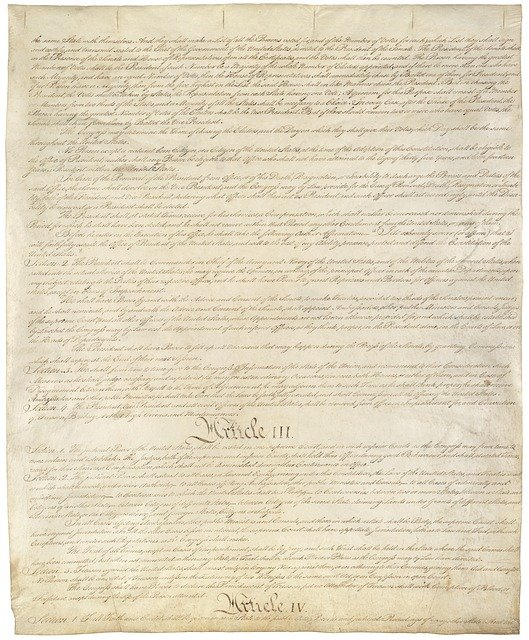
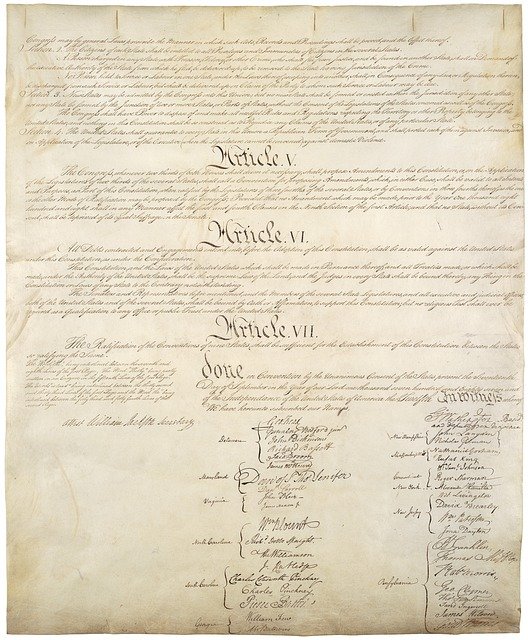
Conclusion
The Bill of Rights remains a vital document in American history and law, providing essential protections and freedoms. Understanding these first ten amendments is crucial for appreciating the foundations of American democracy and the rights it guarantees to all citizens. These amendments continue to influence contemporary legal interpretations and civil liberties debates, underscoring their enduring significance.
Frequently Asked Questions
What is the Bill of Rights?
The Bill of Rights is the first ten amendments to the U.S. Constitution, guaranteeing essential rights and liberties to American citizens.
Why was the Bill of Rights created?
The Bill of Rights was created to address the concerns of Anti-Federalists about potential government overreach and to protect individual freedoms.
How can I learn more about my rights?
Educational resources, legal texts, and civic organizations offer valuable information about the Bill of Rights and individual liberties.
What are the 10 bills of Rights in order?
1. First Amendment: Freedom of Speech, Religion, and Assembly
2. Second Amendment: Right to Bear Arms
3. Third Amendment: Quartering of Soldiers
4. Fourth Amendment: Protection from Unreasonable Searches and Seizures
5. Fifth Amendment: Rights of the Accused
6. Sixth Amendment: Right to a Fair Trial
7. Seventh Amendment: Right to a Jury Trial in Civil Cases
8. Eighth Amendment: Protection from Excessive Bail, Fines, and Cruel and Unusual Punishments
9. Ninth Amendment: Protection of Rights Not Specifically Enumerated
10. Tenth Amendment: Powers Reserved to the States and the People

